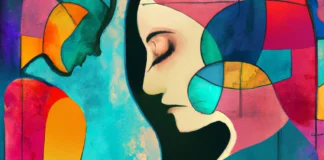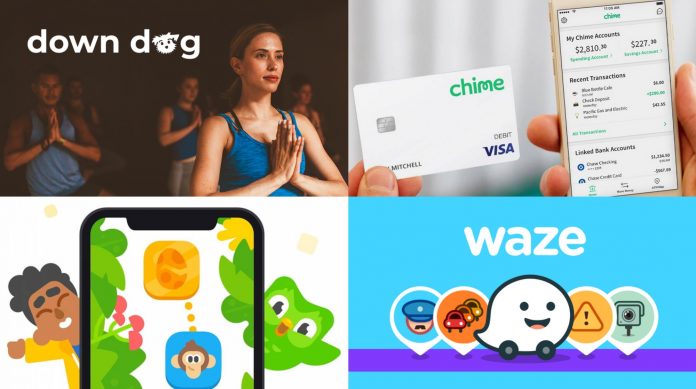
Right now, you can log onto your phone and order yourself a ride practically anywhere. You can book, pay, and check in for a flight within minutes. And if you’re in the mood for some yoga, you can pull up a class taught on a beach in Costa Rica.
There’s a reason that Apple’s 2009 commercial, “There’s an app for that” sticks with us over a decade later. With more than 2 million apps available on the Apple App Store and 2.9 million available on Google Play, apps have reached every corner of our lives.
Not all apps are world-changing. But some have led to huge disruptions in traditionally quiet industries, including banking, healthcare, fitness, education, and retail. These eight apps are shaking things up:
1. Uber
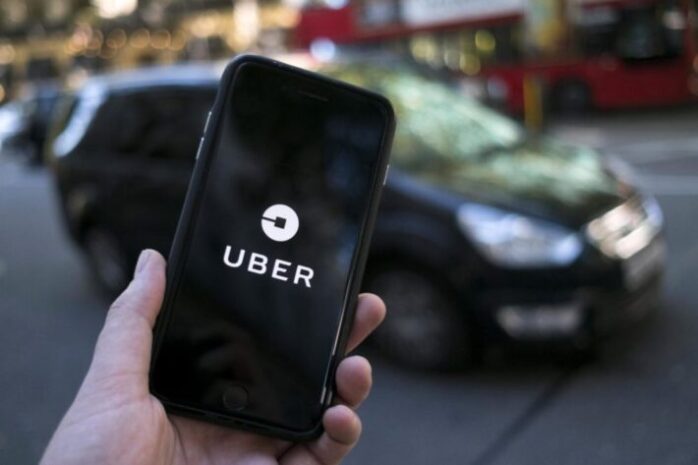
You can hail a taxi almost anywhere, but thanks to Uber, you no longer need to. Ridesharing apps like Uber make it possible to get a safe ride within minutes of your request. Available in over 700 cities across dozens of different countries, Uber sets up more than 14 million trips a day.
If you’ve never used Uber before, it’s simple: Download the app, hook up a payment method, turn on your location settings, and type into the search bar where you want to go. In most cases, a driver will be there to pick you up in minutes. And because Uber uses a star-based rating system for both riders and drivers, everyone has a reason to treat each other well during the ride.
To get in touch with the Uber team, check out this site.
2. Nurx
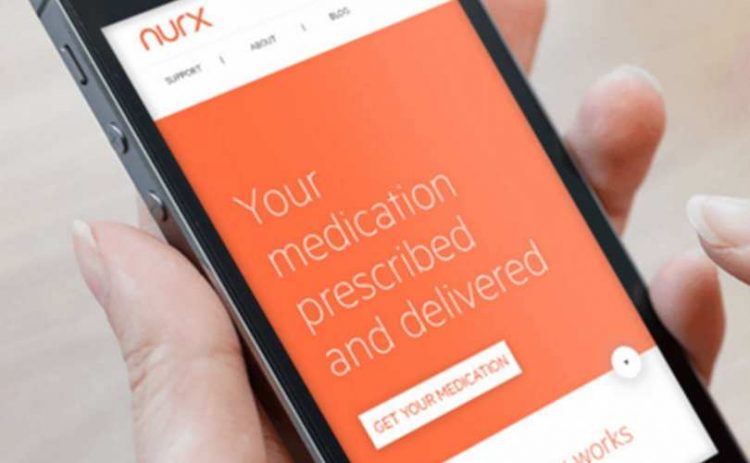
Today, we can have almost anything imaginable shipped to our home. From food to furniture to pet supplies, it shows up at our door with just a few taps. But until recently, many healthcare products were left out of that picture.
Nurx has brought app-based access to birth control, which once required an awkward doctor’s visit. From the app, it’s possible to connect with a health expert, talk through your needs, and have contraceptives delivered to your door. Discreet packaging and free delivery seal the deal.
3. Audible
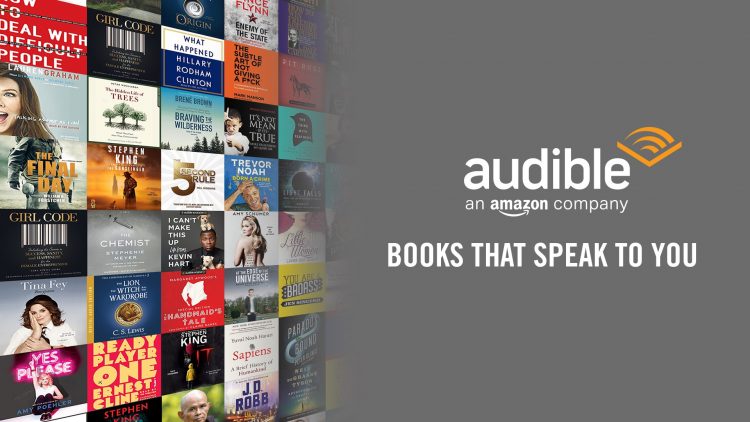
It wasn’t that long ago that you had to check out audiobooks from a library, just like physical books. If you were lucky, you might have caught one on NPR.
With Audible, users can listen to millions of audiobooks from their smartphones. On the bus, while working out, or before bed, listeners can learn about almost anything. The horror of Stephen King, the history of the French Revolution, or the scientific discoveries of Charles Darwin are all just clicks away.
4. Chime
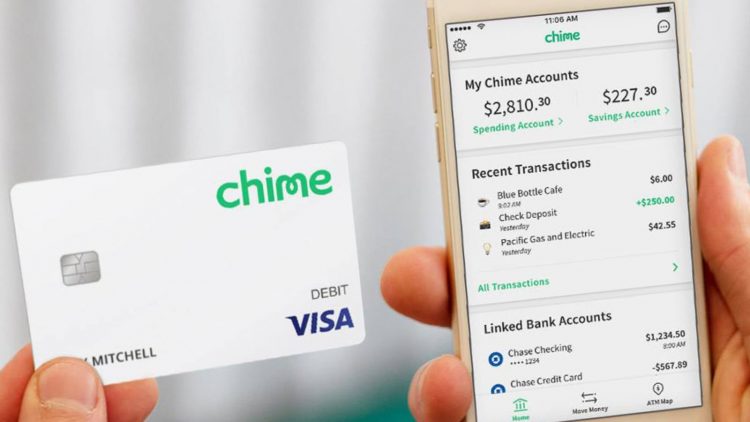
The banking industry is notoriously slow to change. The ATM, which first debuted in the 1970s, was the biggest consumer banking innovation in decades. Prepaid debit cards came around in the ‘90s, followed by mobile banking in the 2000s.
Since then, Chime has popularized the online debit card. Chime is a banking app that makes it easy to manage your money, make purchases, and pay bills online.
Because Chime doesn’t operate physical branches, it’s able to cut out many of the fees associated with traditional banks. There are no registration fees, monthly maintenance or service fees, minimum balance fees or foreign transaction fees. Chime also offers a round-up feature, which deposits the difference between your transaction amount and the next dollar into a linked savings account.
5. Downdog

With the Downdog app, you no longer have to be at a yoga studio to learn how to do a great downward dog or crow pose. This family of exercise apps can help you reach all-new levels of zen from your living room, local park, or office.
Apps like Downdog mean there are no excuses for skipping a workout. Downdog offers everything from seven-minute sessions to advanced, hour-long yoga challenges. In total, it includes more than 60,000 yoga, barre, and HITT workouts, so you never have to do the same one twice. Downdog also comes with six instructor voices and allows you to download classes for offline use.
6. Waze
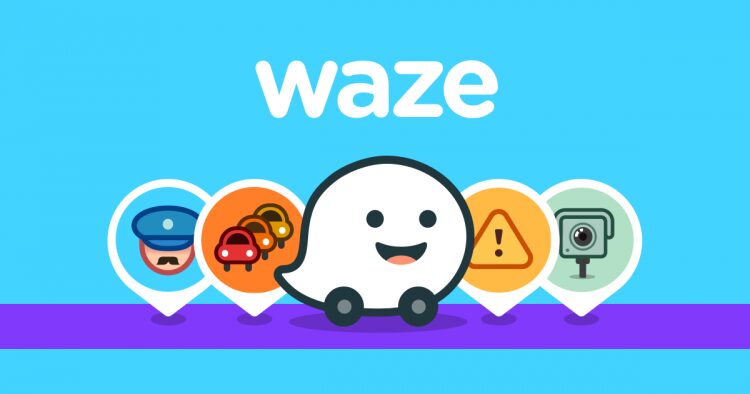
The days of picking up paper maps from AAA before you go on a road trip are long gone. But Waze has a few features that distinguish it from built-in navigation apps, such as Google Maps.
Waze goes well beyond giving users directions. Waze can provide real-time traffic information and travel updates. If there are hazards in the road, accidents ahead, or police officers spotted on the route, the Waze app provides drivers with a friendly warning. The Waze app can re-route you, just in case your trip is interrupted by an unpredicted event, and it connects with popular music and podcast apps.
7. Pandora
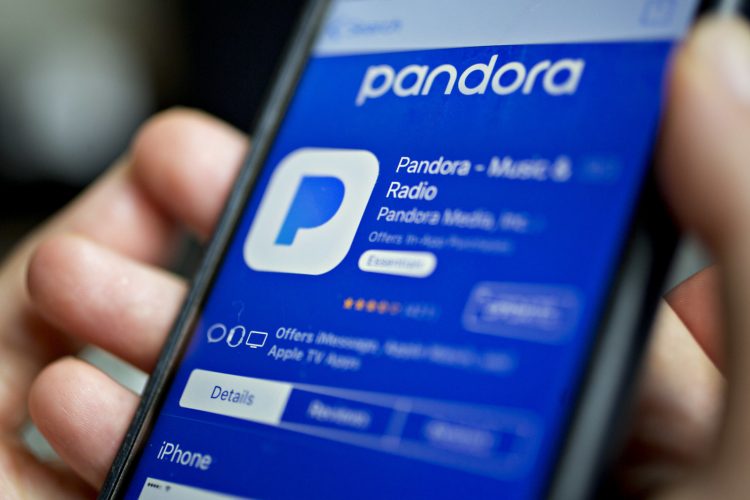
After cassette and CD players fell out of fashion, people used MP3 players to listen to music. Thanks to services like Pandora, there’s no reason to carry around a dedicated music device at all. The Pandora app learns your preferences to create custom radio stations you can stream from your phone.
The Pandora app has a free version, but its premium service brings users some additional features. With a premium account, you can skip as many songs as you want on radio stations. Plus, you can create, store, and share your own ad-free playlists.
8. Duolingo
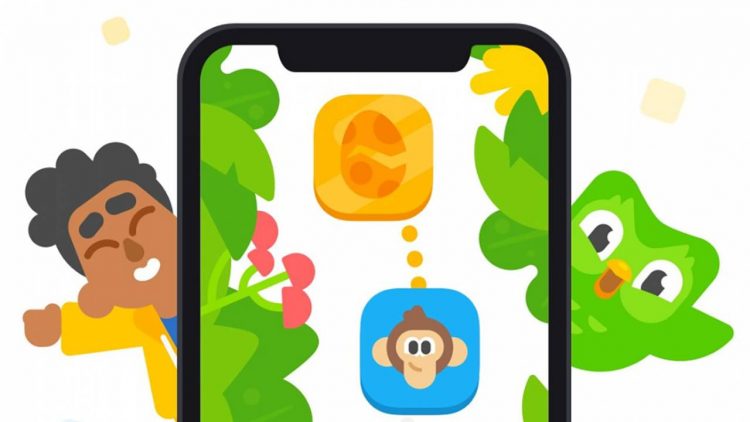
Learning a language isn’t easy, especially when all you have is a textbook. Less than 1 percent of American adults are proficient in a second language they studied in the classroom. Duolingo has made the process a lot less painful than it used to be.
The Duolingo app uses gamification features, such as badges and challenges, to help you master a language faster. Duolingo also provides personalized training: If you can’t seem to get the hang of certain verb conjugation, Duolingo will give you more lessons around it. And because Duolingo grades lessons immediately, there’s no waiting around to find out what you got wrong.
Apps made the world a better, more seamless, less stressful place. They’ve forced old industries to innovate in ways that never would have happened otherwise. There’s very little that can’t be accomplished in a few taps, and it’s all thanks to apps like these.







